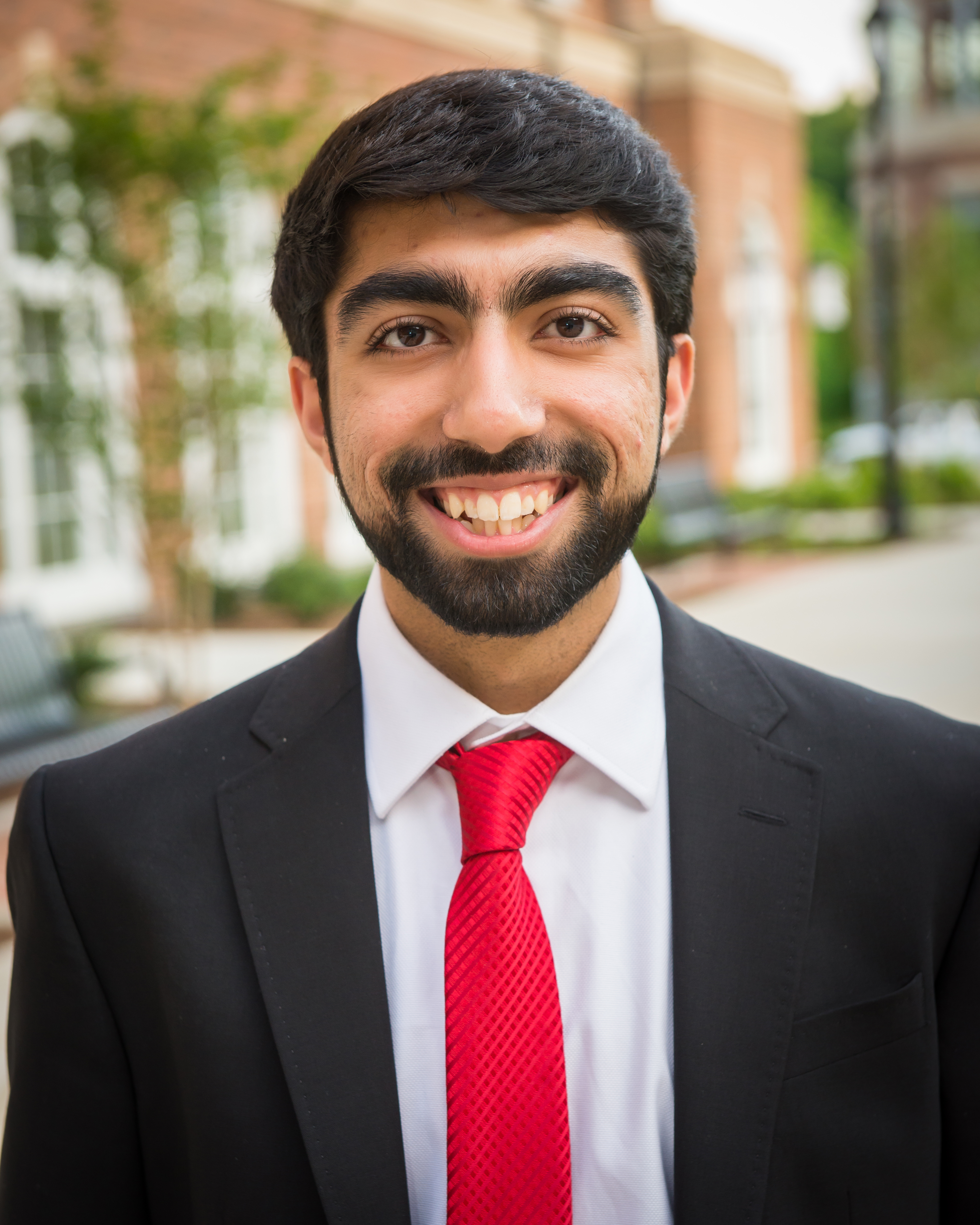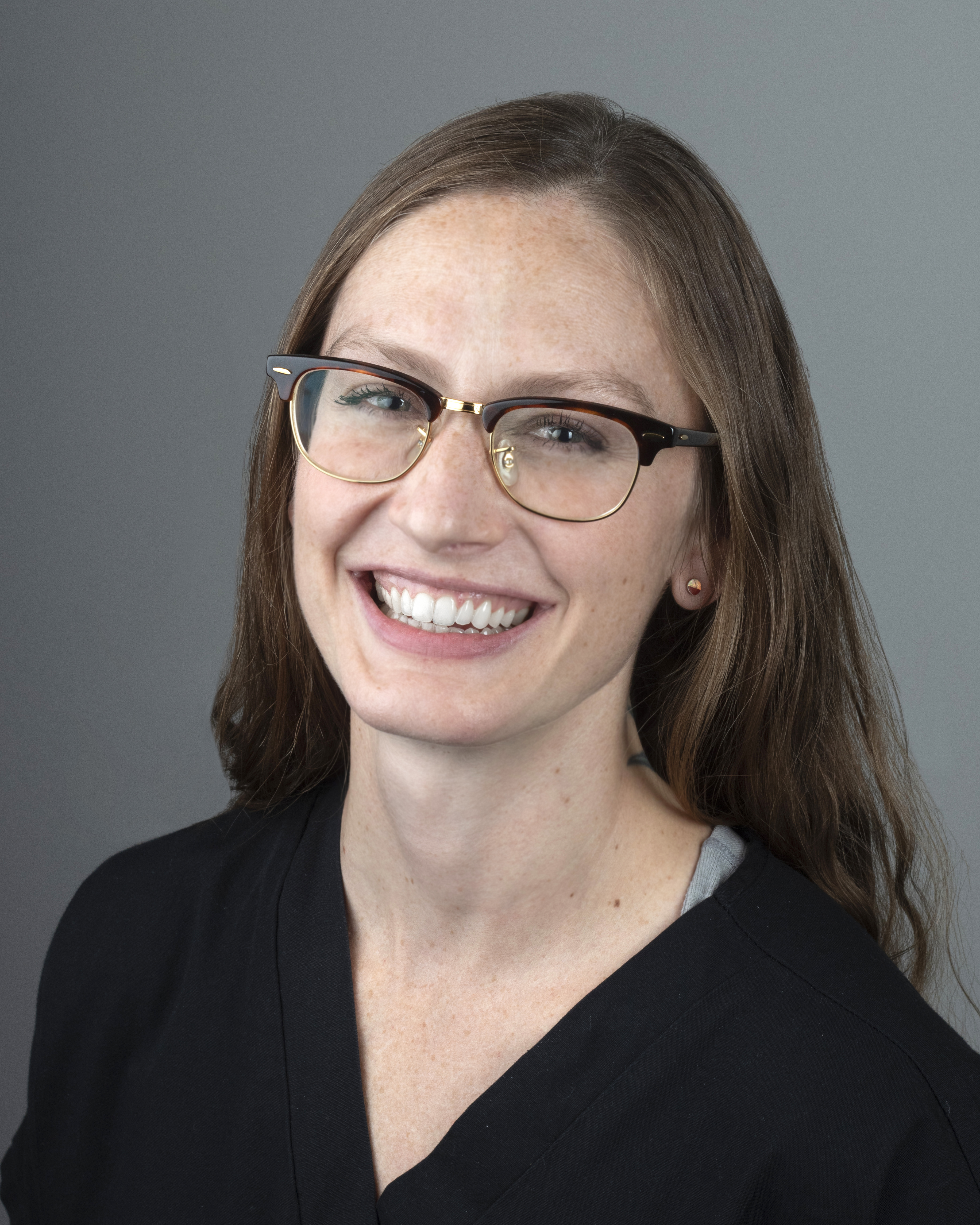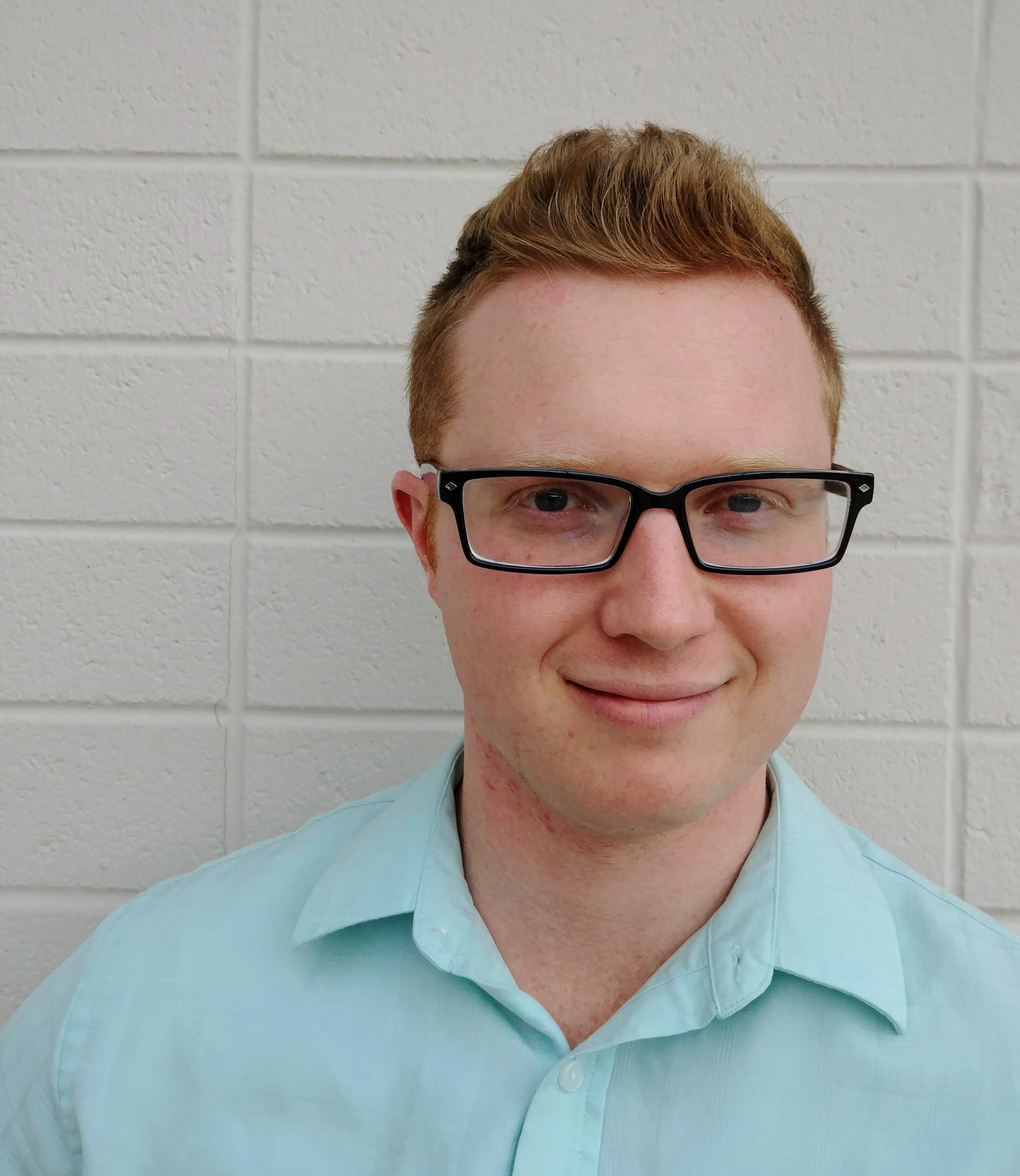4 sustainability leaders recognized for commitment to climate-smart health care
The Stephanie Davis Waste Reduction and Pollution Prevention Award and Scholarship is a tribute to Stephanie Davis, who worked with Health Care Without Harm at its inception in 1996. Davis was a champion of the movement toward sustainable health care. She advocated for reducing waste and eliminating the use of harmful chemicals and materials in health care products and processes.
The four 2020 recipients represent a cross section of champions working everyday, as Davis did, to make health care more sustainable. Due to COVID-19 and the cancellation of CleanMed, each winner received a stipend to continue their sustainability education.

Harris Jamal is the founder of the Sustainable Healthcare Initiative at the University of Georgia, where he received both his bachelor’s degree in environmental health and master’s degree in public health. The Sustainable Healthcare Initiative has addressed a number of sustainability issues in clinical care at the UGA Health Center, including safer chemicals, waste reduction, composting, and the education of health care professionals in the Athens area. He is now working with Georgia Clinicians for Climate Action to spread awareness and educate health care professionals around the state. He plans to attend medical school and hopes to incorporate environmental health and sustainability into his research and studies.
“I am honored to receive this award because it is a manifestation of the extensive collaboration, hard work, and progress of the health care professionals and leaders at the University of Georgia’s office of sustainability and the UGA Health Center. I am excited to use these funds and this platform to continue working toward a more sustainable approach to clinical care – one that can be operationalized in other clinics and facilities.”

Rachel Kakos is an intensive care nurse at Beth Israel Deaconess Medical Center. Kakos’ witness of the vast amount of waste generated in critical care led her to take action. Working in conjunction with the sustainability lead, she created a “best practices blueprint” to increase recycling in ICU patient care areas, which was then rolled out to other patient care areas. Her unit piloted straw elimination from patient trays, which resulted in a 46% decrease in straw purchasing. Kakos initiated a collection bin for unused medical supplies for a local dog shelter and delivers the materials on a monthly basis. She created a process to transfer medical supplies from the patient room if the patient is transferred to a different unit, rather than having the materials discarded as trash. Kakos was the recipient of Beth Israel Deaconess’ Jane Matlaw Environmental Champion award in 2019 and presented a poster at the National Nursing Ethics Conference in March.
“As a recycling champion, a member of the environmental sustainability committee, and the communications coordinator for my unit-based council, I will use my voice and leadership to expand sustainability measures at Beth Israel Deaconess Medical Center.”
Toya López, MHA, ISSP-SA, has worked as a sustainability practitioner since 2016 in Kansas, Missouri, Wisconsin, and Minnesota. López now leads sustainability efforts at Hennepin Healthcare. López is also the director of operations for Health Professionals for a Healthy Climate and a steering committee member of the Minnesota Sustainability Practitioners Roundtable. López’s work involves partnering with communities and organizations, linking social determinants of health and equity with sustainability efforts, leading sustainability initiatives, and advocating for a more environmentally sustainable and equitable health care industry.
“I’m excited to receive the Stephanie Davis Award and honored to be recognized as part of the solution in reducing waste and eliminating the use of chemicals and materials of concern.”

Blake Neyland’s interests include the use of Lean and Six Sigma approaches to prevent waste and improve efficiencies and sustainable construction practices. He completed an ASHE construction in health care workshop in 2018 and received Yellow-Belt Six Sigma certification. Neyland is excited to bring lessons learned to his career at Aramark, where he works in a facilities management training program with Indiana University Health. He wants to make a difference in construction and facilities management in health care, bringing the lens of health into construction operations.
